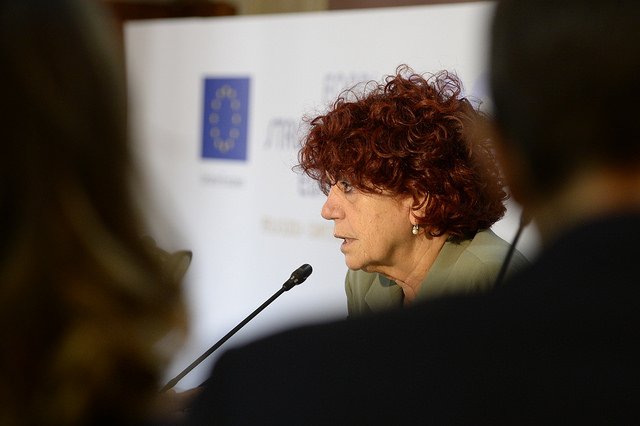Open Access Government’s Ciara Ruane details research funded by the Italian Ministry of Education, Universities and Research and their key priorities
The Italian Ministry of Education, Universities, and Research (MIUR) works to implement international policies and standards in science, education, and innovation. Funding offered by the Ministry covers 3 categories: basic research, projects of relevant national interest (PRIN), and industrial research.
Basic research, as outlined by the Ministry, covers research that is not linked to specific industry. For example, climate and biodiversity research is driven by the ‘curiosity’ of the researcher, with the broader aim of improving society in the future or advancing science. The basic research fund backs up the creation of public and private networks, both in Italy and internationally.
A priority for the funding is to encourage participation in European initiatives: promoting a collective use of people and resources available within the EU. The dual goal of strengthening science and research in Italy, and collaborating with the other EU Member States is mirrored in other areas of the MIUR. The ministry also supports Eurostars 2, a research and development programme that funds projects run by participants from 2 or more EU Member States. Ideas are submitted through the MIUR and managed by Eureka, an international network of research and development.
PRIN covers research of ‘national interest’. This funding aims to reinforce the ideas of collaboration and peer review within Italy, and specifically targets research taking place in institutes of learning. The MIUR is part of the Inter-Ministerial Committee for Economic Planning (CIPE) which includes the Ministry of Foreign Affairs and the Ministry of Labour and Social Policy. Industrial research funded through the MUIR covers projects related to industry and infrastructure, again with the intention of economic growth within the country itself.
The Ministry’s position on pan-EU projects
The MIUR’s position as a collaborating member of pan- EU projects and programmes is an essential component of its existence. The Minister for Education, University and Research, Valeria Fedeli has spoken about the need to foster these relationships. In July of this year, she spoke about Italy being selected to host the 2020 science forum in Trieste. She said that Italy has always ‘worked as a team’ and that the city is perfectly situated as a meeting point for several other states. She also reasserted the government’s desire to continue investing in universities, calling them ‘essential’ for the development of the country.
Fedeli has also spoken recently about the concepts of global citizenship and the future of the EU. In a speech at the ‘Erasmus and the Future of Europe Conference’, which took place in Florence earlier this year, she praised the European values of peace, collaboration, and multiculturalism, and the need to protect these qualities for future generations. The speech focussed on the chance given to Italian students to study in other EU countries, and for foreign students to study in Italy. Minister Fedeli said that the programme improves employment and on a personal level, increases confidence and helps to teach students important skills for life and work. She also praised the Erasmus free movement program for reinforcing a sense of community among EU countries and fostering academic links between them.
Global citizenships role in education
At a conference taking place at the University of Bologna, the Minister spoke about global citizenship to an audience of politicians from in and outside of the EU. She outlined the need to solidify ideas of global citizenship through legislation, especially in regards to its role in education. She stated that they must take ‘concrete’ action to ensure an atmosphere of global collaboration, and to end racial and gender based discrimination. She also believes that there would be ‘no answer’ to questions of gender based violence without countries across the globe working together to address inherent societal problems. In her speech, Fedeli emphasised the importance of looking to the attitudes of younger generations as an example of forward-thinking community and cultural exchange. In reference to the history of the Bologna University, she said ‘knowledge has no boundaries’, and emphasised the role universities have to play in forging a global identity.
Ciara Ruane
Commissioning Editor
Open Access Government











